With or without the IMF?
To a large extent, Romanian economy has managed to correct some of its internal and external imbalances.

Bogdan Matei, 13.02.2015, 13:33
To a large extent, Romanian economy has managed to correct some of its internal and external imbalances, through a mix of solid macro-economic policies, but it is still vulnerable to external shocks. This is the conclusion of the international assessment mission to Bucharest, which ended on February 10th. The IMF, EC and WB experts came to Romania’s capital to assess the implementation of the 2 billion Euro precautionary stand-by agreement, valid until this autumn. So far, the Romanian authorities have not resorted to any of the funds provided for in the agreement, and that is why there are many voices saying that an extension of the accord would be pointless. The issue could be settled in April, when the lenders’ delegation plans to come back to Bucharest and when, according to the Romanian Prime Minister Victor Ponta, the parties will resume talks on the two issues that they have not managed to reach an agreement on: the increase in the price of natural gas and the restructuring of coal-based energy sectors. Victor Ponta:
“Our international partners have appreciated the many accomplishments on Romania’s part. In 2014, the GDP went back to the level it had before the crisis, and growth is now steady. Private consumption and exports have supported this economic re-launch. It is very important for the measures that are to be taken from now on to be in the same direction, both with regard to the fiscal code, absorbing European funds, and removing red tape barriers. We have an international agreement and I want to see it carried through successfully. Yesterday we did not sign the letter of intent for two things that we first had to think through and negotiate properly, bearing in mind the interests of those who elected us to represent them. On the one hand, with regard to the price of gas for domestic consumers, we want to make sure that the increase is really necessary, given that at world level energy prices have dropped, and secondly that such an increase is bearable enough, because otherwise we will be faced with the situation in which people and companies would no longer be able to pay their bills in the winter months. Secondly, I believe that Romania needs coal-based energy. This thing about closing down coalmines and plants is an old story. We’ve been talking about closing them down since 1996. However, I don’t believe this would be a good thing. I see we need all types of energy, be it hydro, nuclear, coal or renewable, but we also need restructuring, investment in the environment and measures aimed at rendering these companies more effective.”
Among the economic entities on the lender blacklist is Oltenia Energy Compound, which digs up low quality coal and runs thermal plants able to supply 40% of the national energy consumption. An adviser to the PM and a former minister in Social Democratic governments, Ionel Blanculescu insists on the obligation of the Social Democratic government to protect its citizens:
“There are very clear arguments. The IMF must understand that the 26,000 employees on the horizontal of the economy, which ensure 40 to 50,000 more in the state sector, cannot just be sent home overnight, you cannot shut down these entities overnight. You have to provide what the premier suggested, a rational program of restructuring and efficiency boosting, with a better management of those institutions, which may be a solution in time. At the same time, the second element in this dissent is the price of natural gas, especially for home users and gas heating plants. In this area I think that rushing things will do more harm than good, and I don’t think it should be that way, especially as world prices have fallen severely. Romania should not rush and totally change its trends in terms of the rise in these prices. After all, Romania’s population should enjoy for a time, as long as it lasts, this trend of drop in prices for gas, crude and oil products.”
Economic analyst Radu Soviani believes that we should expect two months of insecurity before the parties sort out the dilemma of prolonging or not the IMF accord for Romania.
“From my point of view, the fact that there is no IMF letter stating that Romania has lived by the obligations it took upon itself is a form of uncertainty for the upcoming period. What does that uncertainty mean? It means that at this point the IMF does not have the certainty of negative facts, which is why the de facto agreement is not declared failed, even though it has failed, and at the same time, for the Government of Romania, it means that it does not have the certainty of positive facts. Hence, we will have to wait until April, and in April we will see where the unknowns lie.”
The head of the Tax Council, Ionut Dumitru, says that the opinions expressed by the IMF experts on energy compounds reveal a wider problem, which has been affecting for a long time the economic development of the country: the inefficiency of state capital companies. In the name of the Liberal opposition, former finance minister Gheorghe Ialomitianu said he was convinced that the lack of a letter of intent is proof that ‘the present government did none of the things it committed to doing.”






























